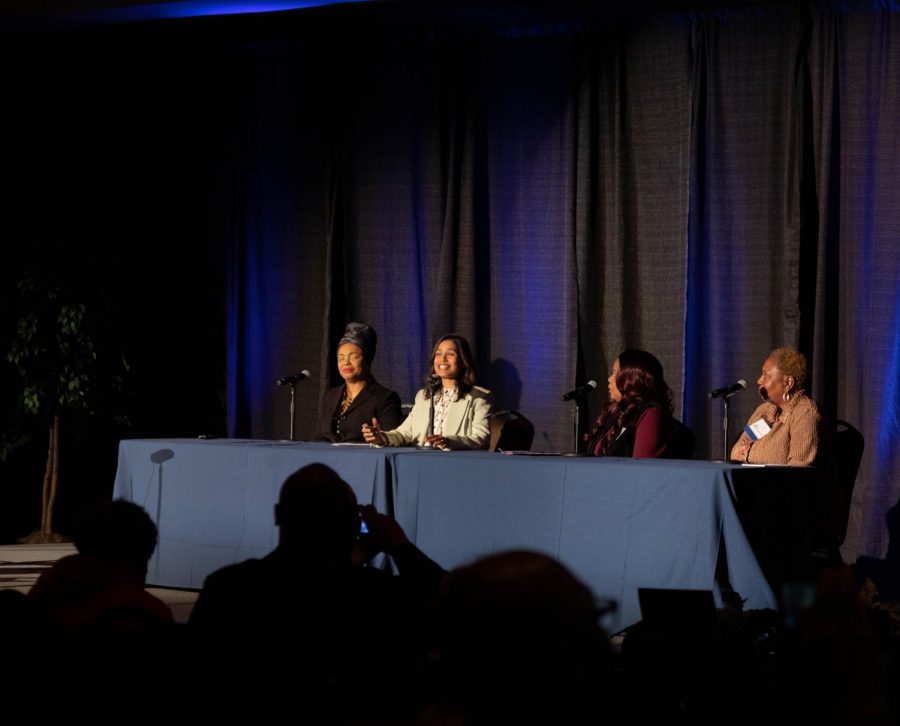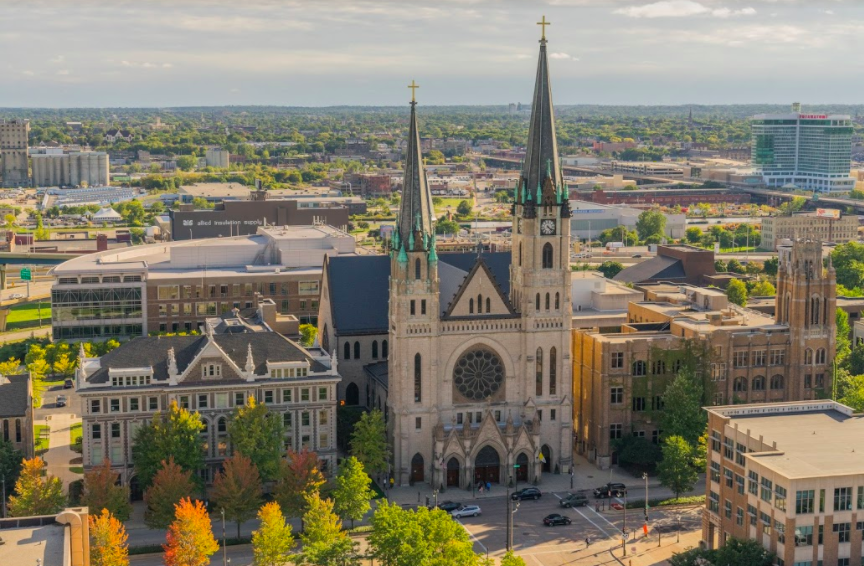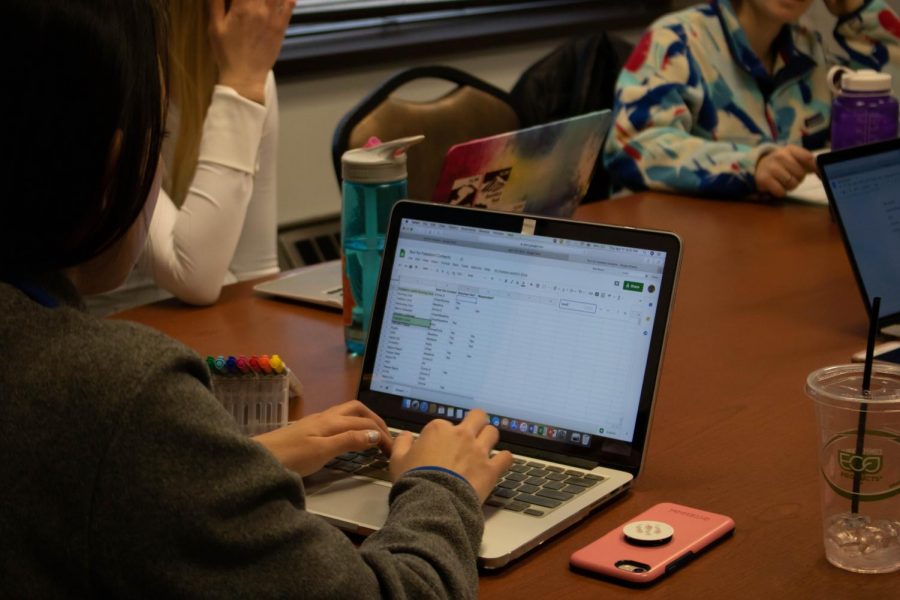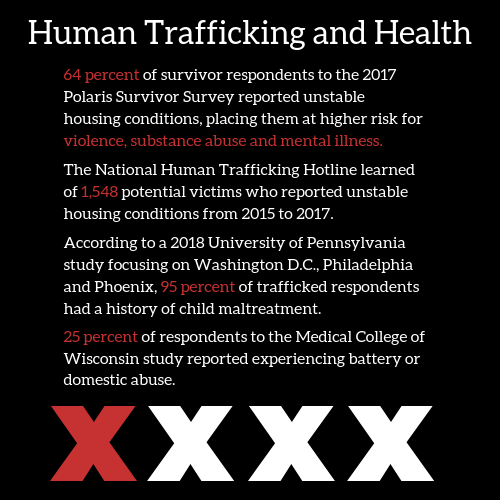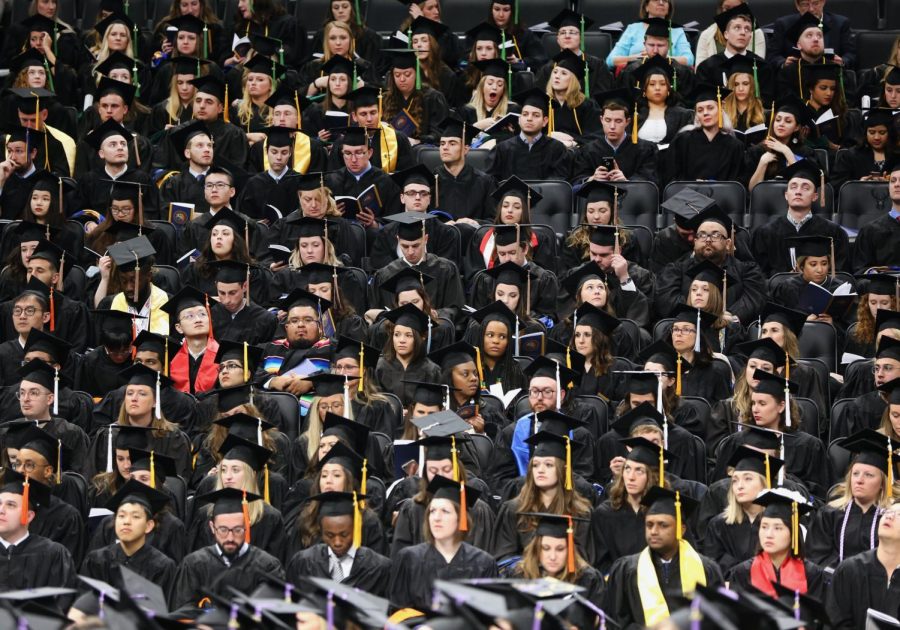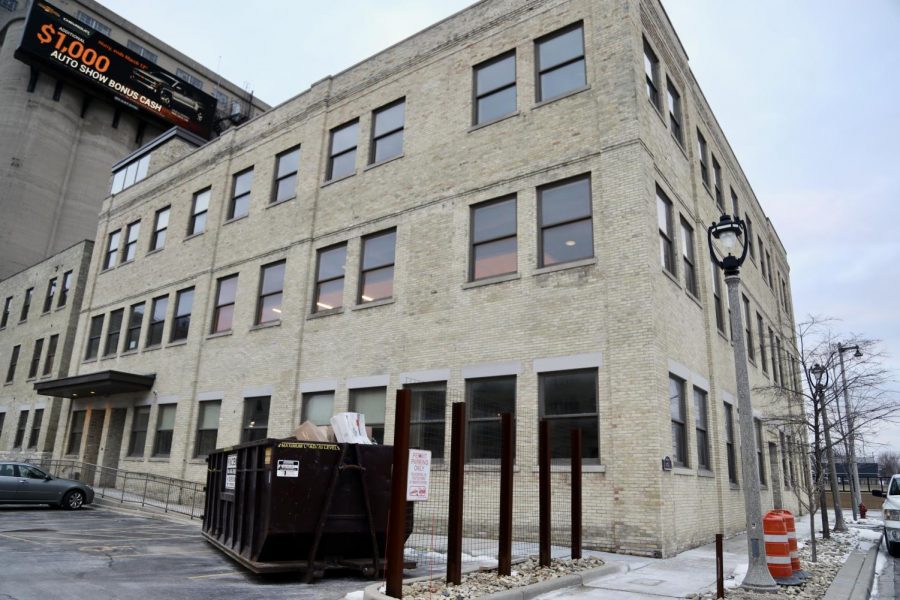The university and NŌ Studios co-hosted the first social justice summit, “Art Activated,” Nov. 15 at NŌ Studios and Nov. 16 at the Alumni Memorial Union ballrooms.
NŌ Studios is an organization that desires to create a collaborative workspace and social community for artists and art lovers, founder John Ridley said.
The summit’s first session had an open ceremony and panel discussion. The second session, titled “The Lived Experience of Disenfranchisement,” included discussions regarding criminal justice reform, human trafficking, fair housing and how art can effect change in the community.
“What we wanted to do was create a space where people can socialize and have a communal experience, but socialize with purpose,” Ridley said to the audience during the first session. “There are things happening in the world that need to be corrected that we are not even aware of, so we need to come together and socialize with real purpose, and that is what ‘Art Activated’ is all about.”
The title “Art Activated” evokes the mission of NŌ Studios to show how the arts can have a positive influence on the environment and social justice issues and how they can empower citizens.
One of the speakers at the summit, Nancy Yarbrough, who is also the founder and executive director of Fresh Start Learning, Inc., an organization that raises awareness of social justice through social development programs, spoke about the importance of having discussions such as human trafficking on campus.
“This event is very important to have on campus because human trafficking is happening on campus,” Yarbrough said. “Most of it is relationship based, and a lot of ladies and young men do not call it trafficking since they are in dating situations.”
Yarbrough spoke about what motivates her to continue to be a social justice activist for the community.
“I know (change) is needed,” Yarbrough said. “The same issues happening then are happening right now.”
Executive director and cofounder of Convergence Resource Center and panelist for the human trafficking session Debbie Lassiter suggested ways the community should address traumatic problems people may face.
Convergence Resource Center is a faith-based community service organization providing client-focused, trauma-informed care that includes education and training for community organizations and service providers, according to the website.
“We have to be mindful of trauma,” Lassiter said. “People have specific problems, and we should address them in a way of healing and not in a way of punishment.”
LaShawndra Vernon, one of the founders of the Human Trafficking Task Force of Greater Milwaukee and another panelist for the human trafficking session, spoke about how to begin to resolve social justice issues such as human trafficking in the community.
“We have to talk to each level of government to make sure the national, the state and the local municipalities of government are interpreting the laws properly,” Vernon said. “Getting involved with policy changes is the only solution … it needs to be enforced by community groups that advocate for the treatment of youth in the justice system.”
University President Michael Lovell said the university is grateful to have co-hosted the summit, adding that it ties into the university’s mission.
“It is only through this dialogue and conversation that we can start to invoke change that our city needs, so Marquette University is extremely proud to be hosting this event,” Lovell said. “We train our students that when they see social inequities, be the agents of change out in the world once they leave the walls of our campus, and even when they are in the walls of our campus going to school here.”
Lovell said social justice conversations are important to the community.
“We know these conversations can be hard. When we talk about the disparities we face, they are often rooted in racism, segregation and other systems that are unfair to some citizens in our society,” Lovell said. “Even though the conversations are difficult, they are needed and required to understand how we can be a difference to others.”
This story was written by Andrew Amouzou. He can be reached at [email protected].

